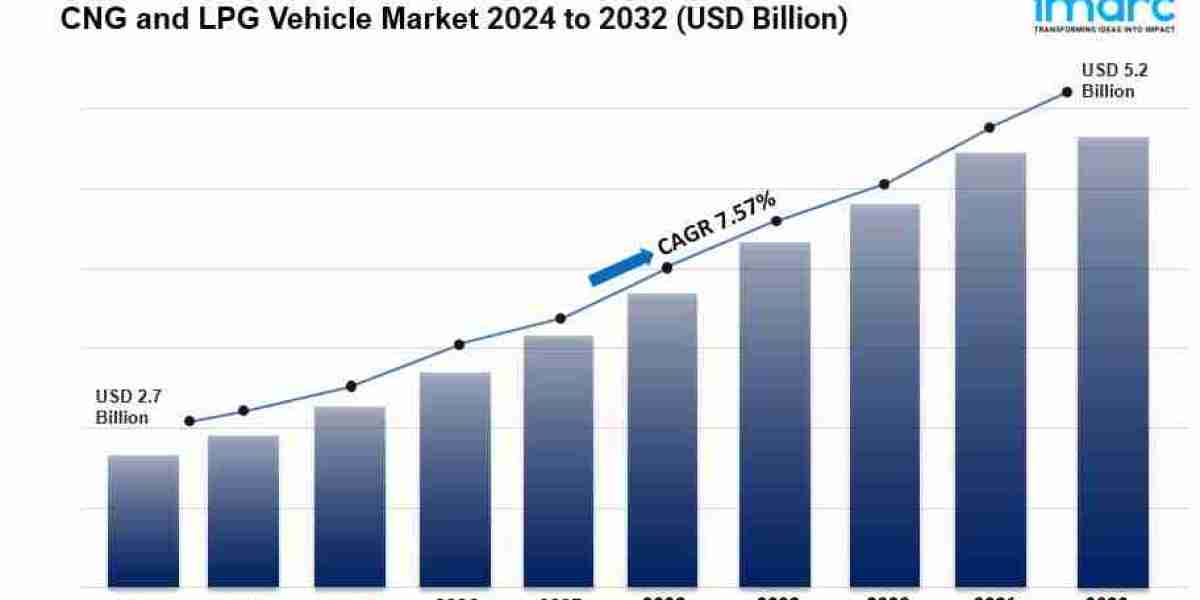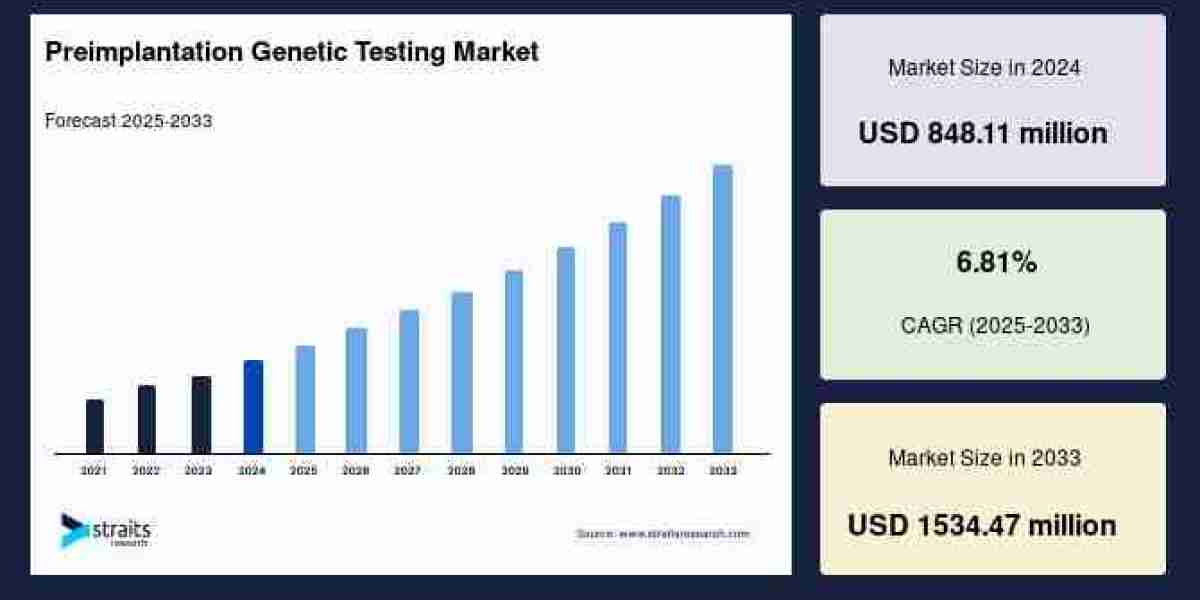CNG and LPG Vehicle Industry
Summary:
- The global CNG and LPG vehicle market size reached US$ 2.7 Billion in 2023.
- The market is expected to reach US$ 5.2 Billion by 2032, exhibiting a growth rate (CAGR) of 7.57% during 2024-2032.
- Asia Pacific leads the market, accounting for the largest CNG and LPG vehicle market share due to favorable government policies.
- CNG (compressed natural gas) accounts for the majority of the market share in the fuel type segment due to its widespread availability and low cost.
- Passenger cars hold the largest share in the CNG and LPG vehicle industry as they are the most common vehicle type.
- Retrofitting remains a dominant segment in the market because several consumers opt to convert existing vehicles to CNG or LPG.
- The growing environmental concerns is a primary driver of the CNG and LPG vehicle market.
- The cost-advantage offered by CNG or LPG, coupled with favorable government regulations are reshaping the CNG and LPG vehicle market size.
Industry Trends and Drivers:
- Growing Environmental Concerns:
The global shift towards environmentally sustainable practices is a major driving force behind the growth of the CNG and LPG vehicle market. These alternative fuels are known for their lower carbon emissions compared to traditional petrol and diesel, making them an appealing solution in the fight against climate change. With rising levels of pollution and stricter environmental regulations, many governments and organizations are seeking ways to reduce their carbon footprints. CNG and LPG are seen as viable options because they emit significantly less nitrogen oxides (NOx), particulate matter (PM), and carbon dioxide (CO2). This is increasingly important in regions where emission standards are becoming more stringent. The Paris Agreement and similar climate accords have furthe








